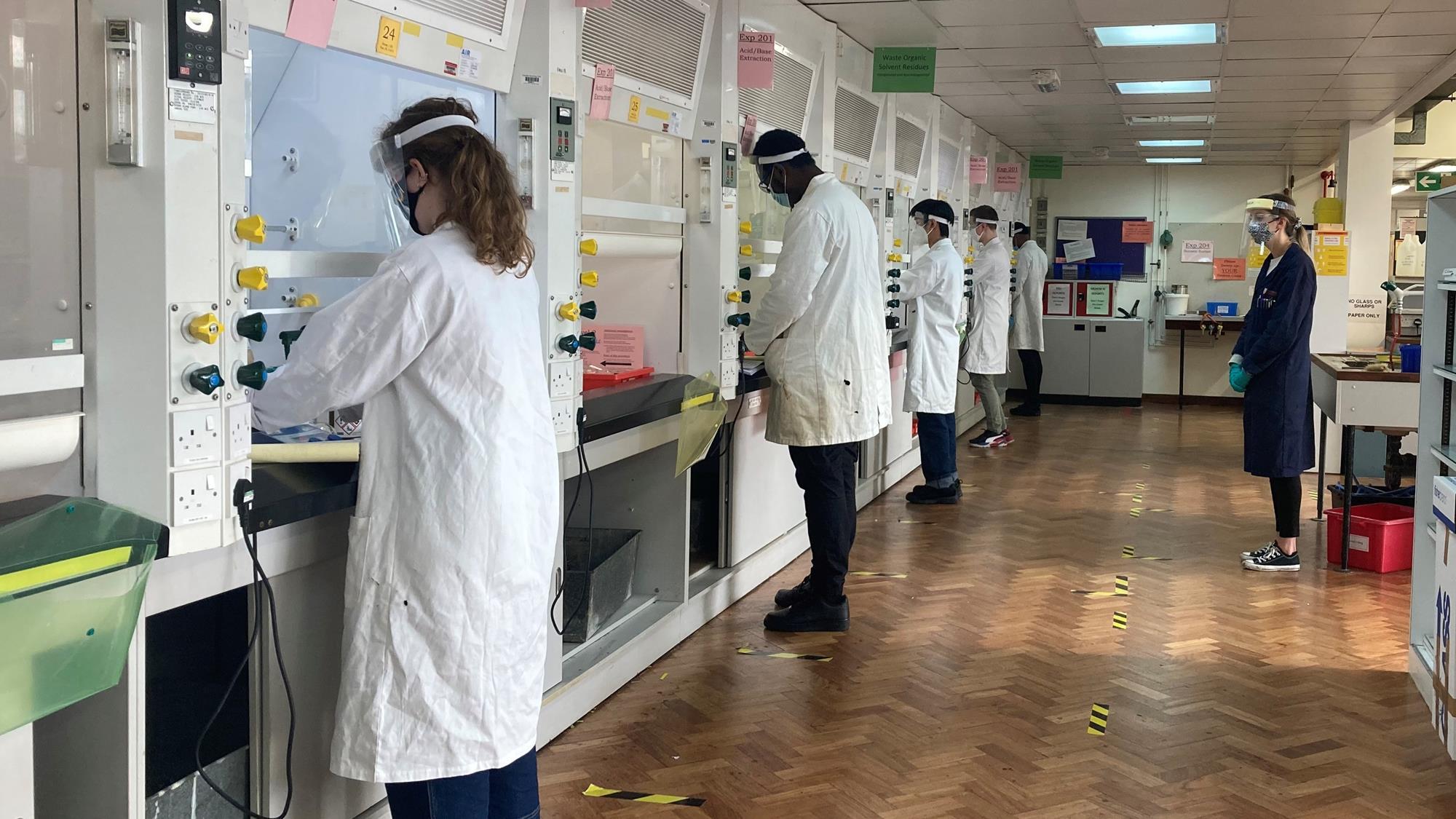In the second half of 2020, the teacher education literature was filled with perspectives on how a particular institution or institutions reacted to the imposed move to remote, online teaching. Publications from 2020 refer to ‘emergency remote teaching’ or ‘emergency eLearning’. ‘Emergency’ is one adjective that could be used to describe the situation faced by university educators in March 2020, and that was before we appreciated that, almost a year later, we would still be working remotely. My intention is not to add to the significant number of reports on the response to the changes forced by COVID but to provide a personal reflection on what I will take forward in my practice as an early career teacher educator as a result. The context of this reflection is that I am relatively new to teacher education and I am a science educator and the practical aspect of my subject has been considered essential.
I was still working with my first cohort of student teachers when the first National lockdown was announced in March 2020. I was familiar with remote learning via the university VLE and so I began the conversion of the end of the course to the online environment. When it became apparent that the 2020-2021 academic year would also be conducted remotely, new thinking about courses taught was required. In my first year as a teacher educator, I had relied on modelling of classroom teaching in the university laboratory that resembled the school chemistry labs I had taught in for 16 years. The primary science seminars that I had taught were also lab based and were focussed on the ‘activities that work’ model, that much primary science in-service CPD is also based upon. When the ability to augment teaching of theory with performances of practice (such as demonstrating an experiment) was completely removed, I hit an almost vertical section of the already steep learning curve from teacher to teacher educator. How was I to replace a laboratory session with a zoom session?
Initially, ‘kitchen chemistry’ dominated my search engine. Discussions with some colleagues involved which videos were best to demonstrate a titration* and could we make our own videos demonstrating practical science? As I was desperately trying to resource these activities, I began to question the purpose of these demonstrations in my courses. In a chemistry PGDE course, for example, how much time should be spent showing a chemistry graduate how to collect gas by downward displacement of water*? I had to stop my preparation for autumn classes to think about not what was possible, but what was important to develop online?
There can be a tendency for student teachers to view school experience as the most important part of their teacher education programme and to consider their university classes as having less relevance to their future practice. This perception may be partially responsible for tempting subject specialists to view their role as modelling classroom teaching or as providers of “show and tell” sessions with experiments and demonstrations. These practices can be useful, but the more I thought about it, the more concerned I became by the risk that they would stimulate student teachers to copy conventional instructional strategies, stressing procedures rather than a focus on young peoples’ understanding of their subject. I do not think that I am the last word in school science education and so why should I think that my demonstrations illustrate the only or best way to do anything?
The literature on science teacher education has long included reports on the need for student teachers to have opportunities to reflect on, and develop their understandings of, the structure of science knowledge as well as opportunities to apply these understandings in classroom practice. The classroom practice, to be authentic, must come in school experience. This is why school experience is an essential, and mandatory, part of our initial teacher education in Scotland.
Once freed from the responsibility of modelling classroom practice, I was able to continue my teacher education learning with a focus on the pedagogical content knowledge required for science teaching and how to engage student teachers with academic learning and teaching at a Masters level. Evidence suggests that the ‘flipped classroom’ approach is useful in challenging and changing established teaching practices in ways that can enhance students’ learning in higher education. Combining asynchronous readings and writing tasks with synchronous sessions that involve group work is reported to stimulate students’ participation and engagement.
Learning how to teach science has more in common with learning to teach English than it has with learning science. We learn to teach through gaining knowledge of curriculum, pedagogy, assessment, disciplines, pedagogical content and child development and then applying all of that acquired knowledge in the classroom. In addition, reflection, enquiry and learning to be a professional are all key elements of teacher knowledge.
As I now plan for blended learning in session 2021-22, I am confident that the lessons of completely online teaching in 2020-21 will only enhance my teaching and, as a result, the student experience.
*chemistry thing
What I Learned About My Practice as a Teacher Educator in COVID-19
